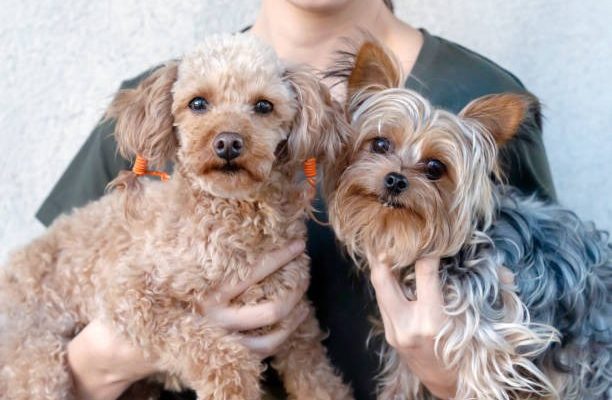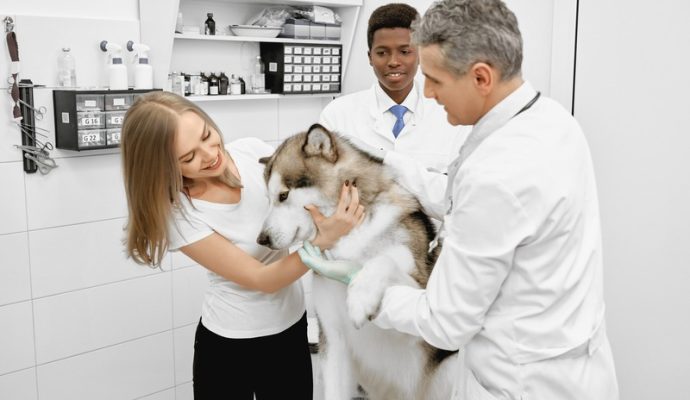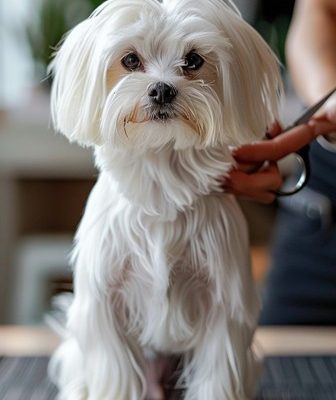The immune systems of our aging pets can weaken and make them more vulnerable to illness. That is why vaccinations are so necessary for senior pets – many pet parents understand the significance of vaccinating puppies and kittens but may not realize how important it is for senior pets too.
Immunizations are even more critical for elderly pets as their immune systems have weakened, leaving them more prone to illness. Therefore, creating a vaccination schedule tailored for your elderly pet is essential for their well-being and health.
Why Senior Pets Need Vaccinations
Let us examine the importance of vaccination for senior pets and how to create a vaccination schedule with your veterinarian.
Importance of Vaccinations
- Protecting Against Deadly Diseases
Vaccinations protect your pet from potentially lethal diseases that could cause severe harm or even death. Unfortunately, some of these illnesses are highly contagious – meaning an unvaccinated pet could quickly spread them to others. Geriatric pets, in particular, are especially vulnerable, so keeping their vaccinations up-to-date is key for keeping them protected.
- Improving Quality of Life
A vaccination schedule can enhance your pet’s quality of life by keeping them healthy and illnesses-free. Geriatric pets are especially vulnerable to illnesses; even a simple infection can quickly escalate into something more serious. Ensuring your pet receives their vaccinations on schedule decreases their risk of becoming ill and improves their overall well-being. You can ask your veterinarian for more info about vaccination.
- Cost Savings
Preventative care is always more cost-effective than reactive care. Regular vaccinations can save money in the long run by avoiding expensive treatments or hospitalizations for sick pets. Treating an illness in your furry friend can quickly add up, so investing in preventative measures like vaccinations helps you avoid these expenses.
- Protecting Your Family and Community
Many diseases that pets can contract can also be transmitted to humans. Keeping your senior pet up-to-date on vaccinations protects them and your family and community. By vaccinating your pet, you’re helping prevent the spread of potentially dangerous illnesses and ensuring everyone around them remains safe and healthy.
Establishing a Vaccination Schedule
Now that you understand the significance of having a vaccination schedule for your senior pet, it’s time to set one up with your veterinarian.
- Schedule a Wellness Exam
Before beginning any vaccination schedule for your pet, booking a geriatric pet care wellness exam with your veterinarian is essential. They can assess their overall health and determine necessary vaccinations based on age, lifestyle, and medical history.
- Create a Vaccination Schedule
Once your veterinarian has identified which vaccinations your pet requires, collaborate with them to create a tailored vaccination schedule. This timeline will depend on your pet’s age and vaccination history; nevertheless, you must strictly ensure that your furry friend remains protected.
- Keep Records
Keep a record of your pet’s vaccinations, including the date, type of vaccine, and who administered it. This information can come in handy should an emergency arise or you need to board your pet.
- Stick to the Schedule
Maintaining your pet’s vaccination schedule guarantees their protection from disease. If you miss a vaccination or are unsure when they need their next one, contact your veterinarian for guidance. In addition, schedule a pet dental appointment too and prevent dental issues for your pet.
Conclusion
Maintaining a vaccination schedule for your elderly pet is essential for their health and happiness. It protects them from potentially lethal diseases and improves their quality of life while saving you money in the long run. By working with your veterinarian to create this schedule, you can guarantee that your furry friend remains healthy and content for years.




